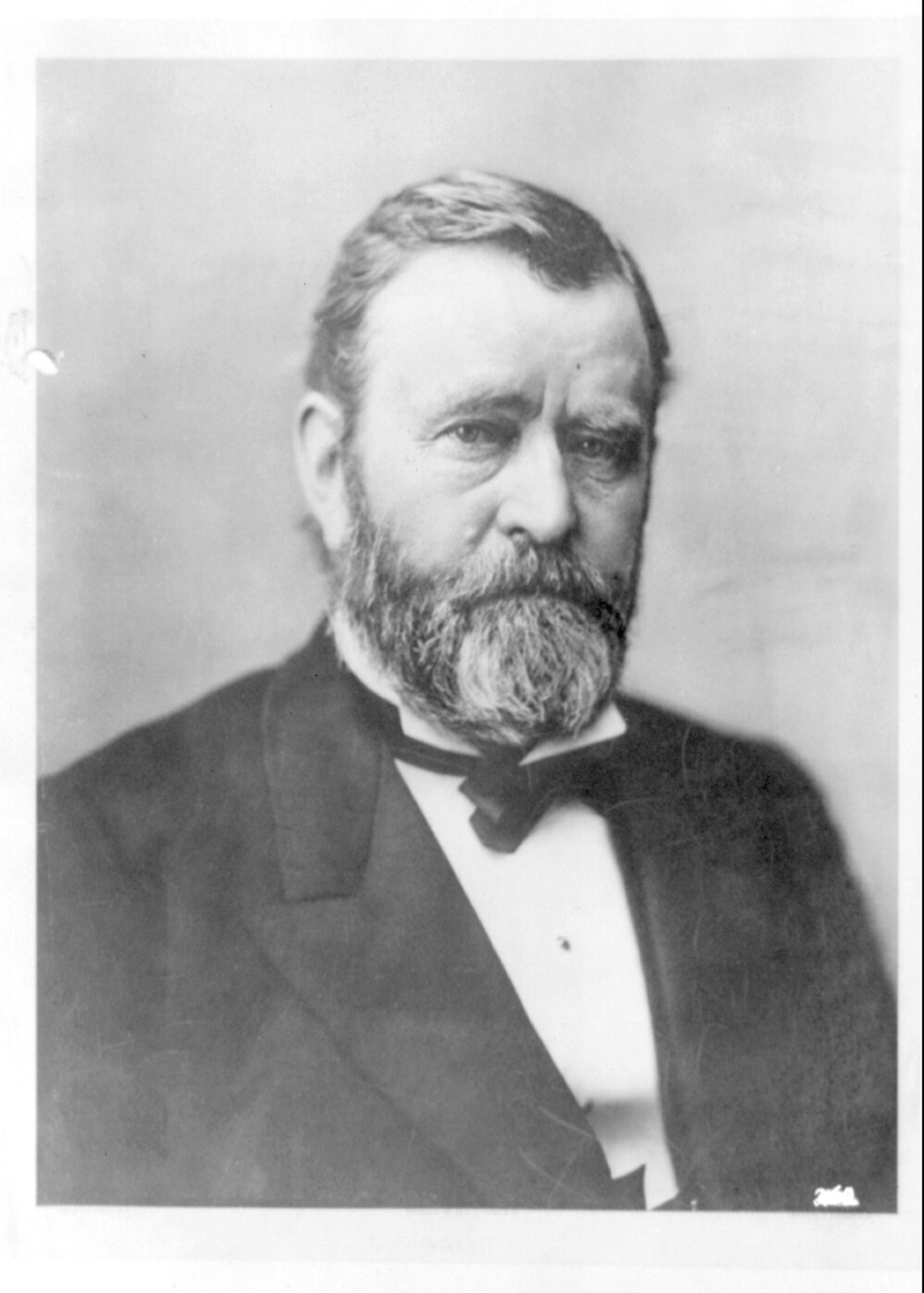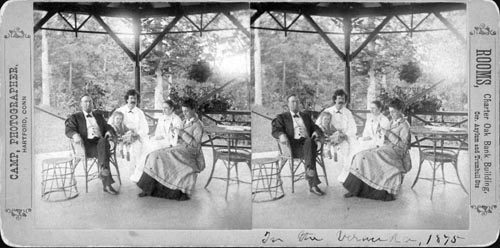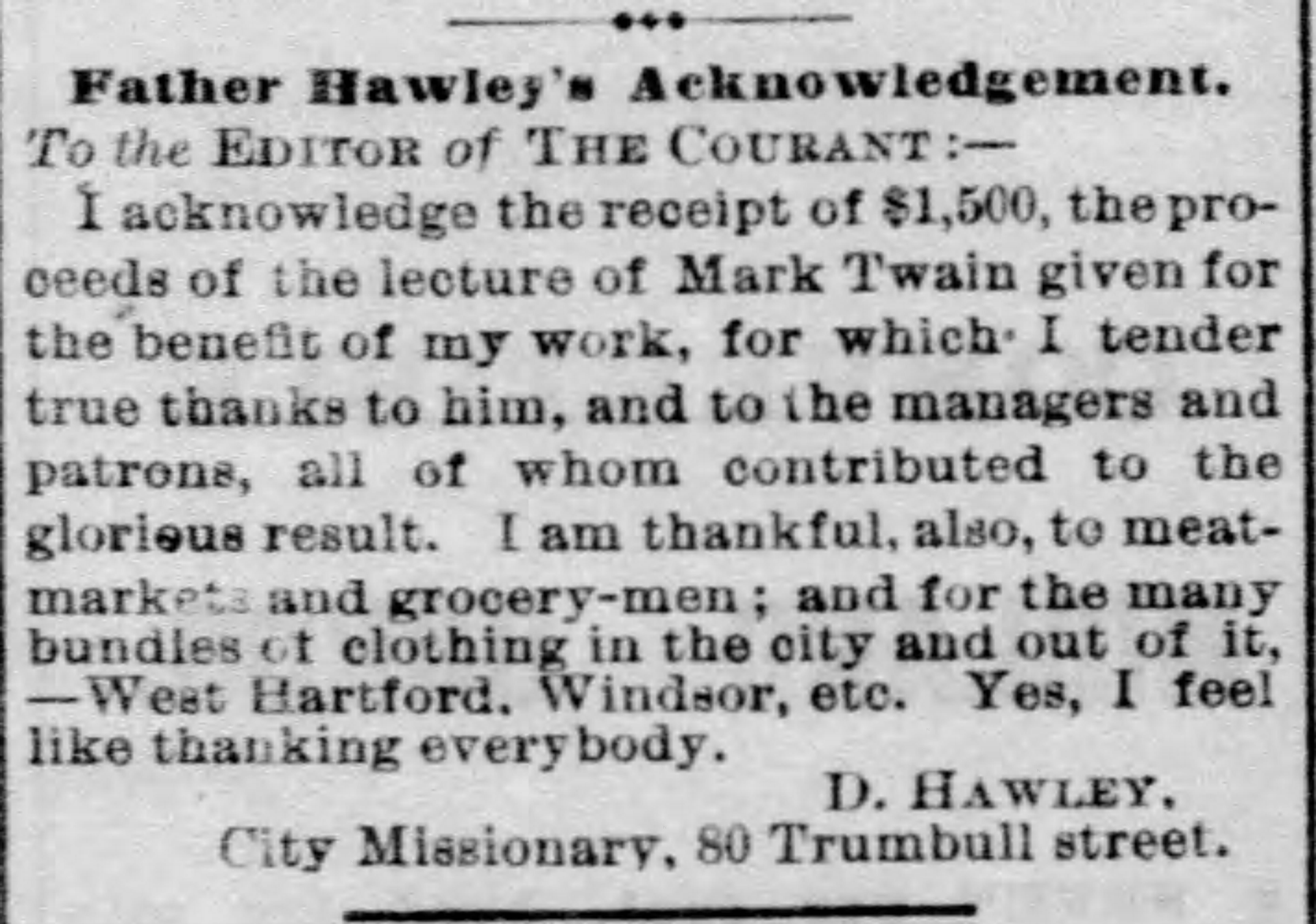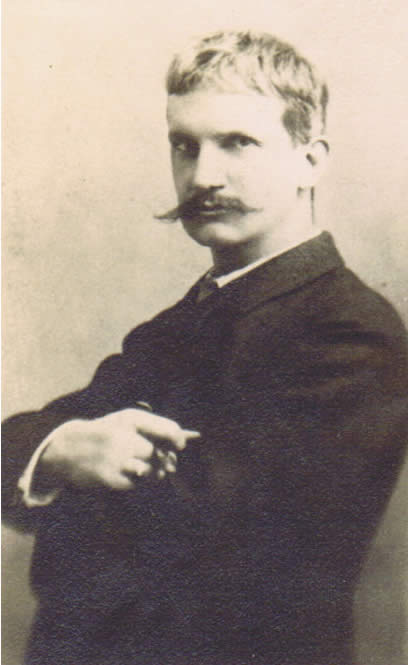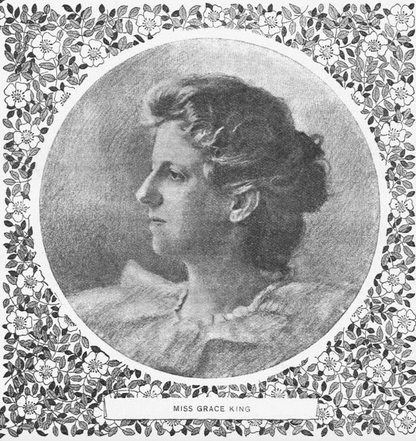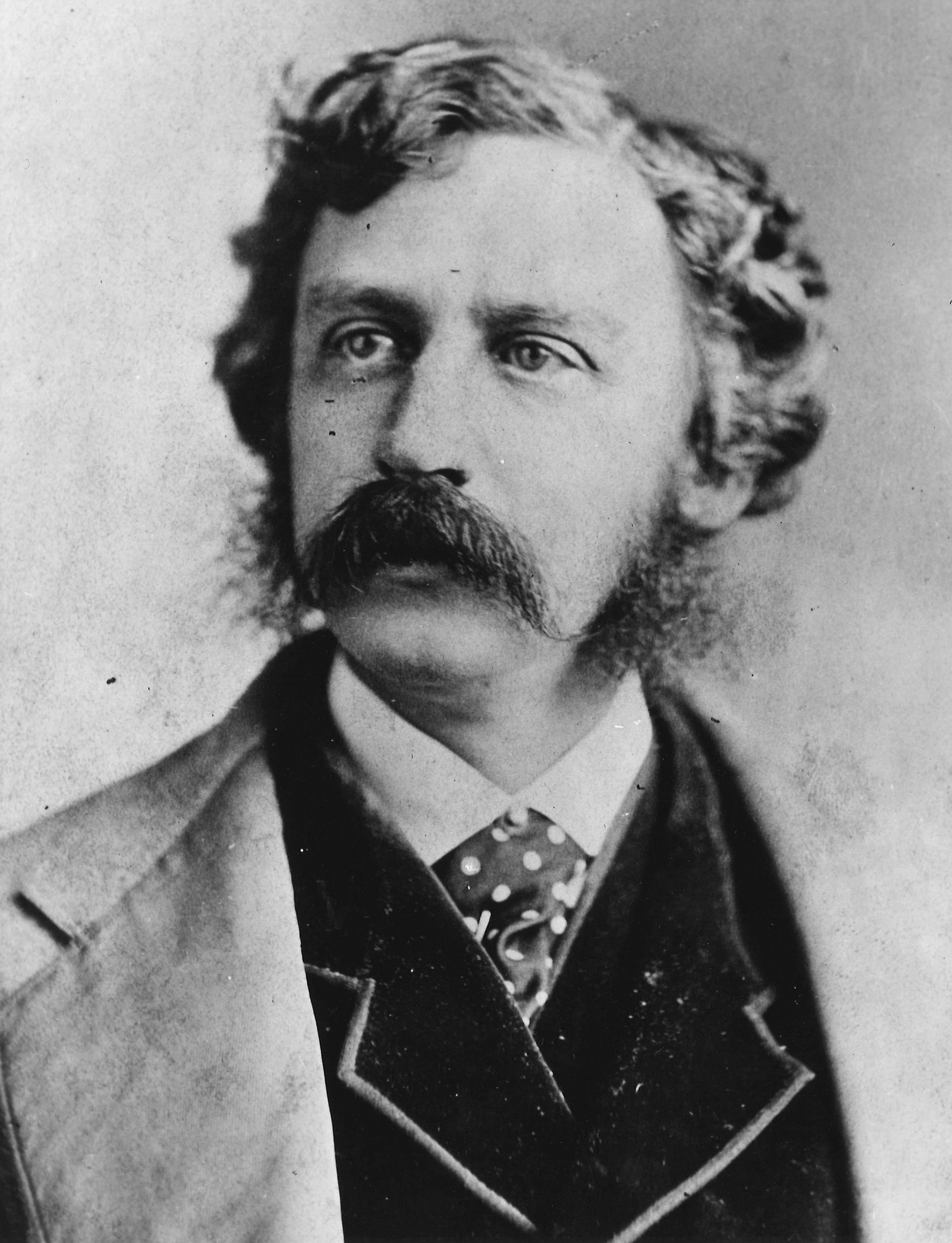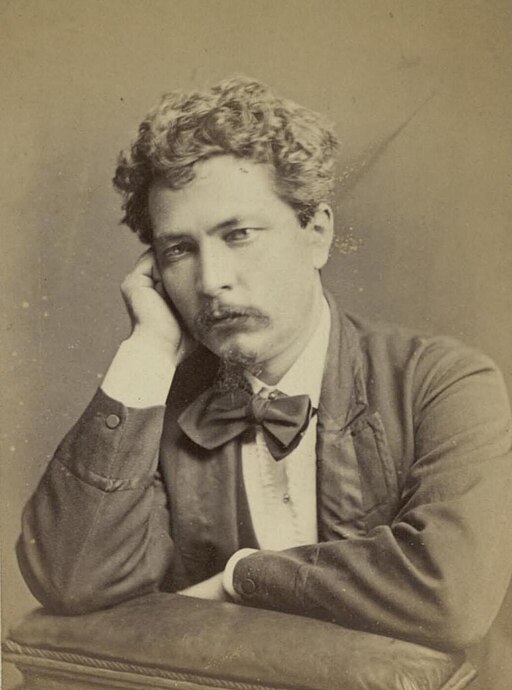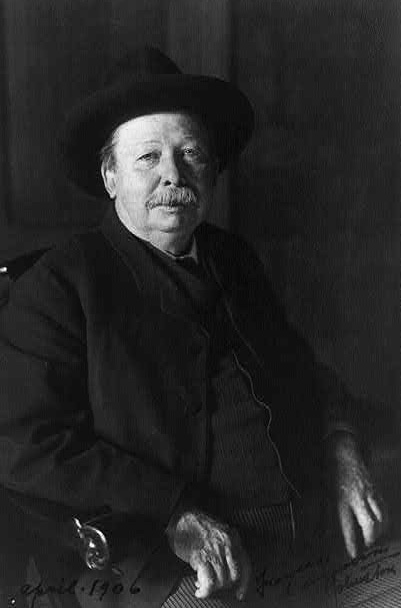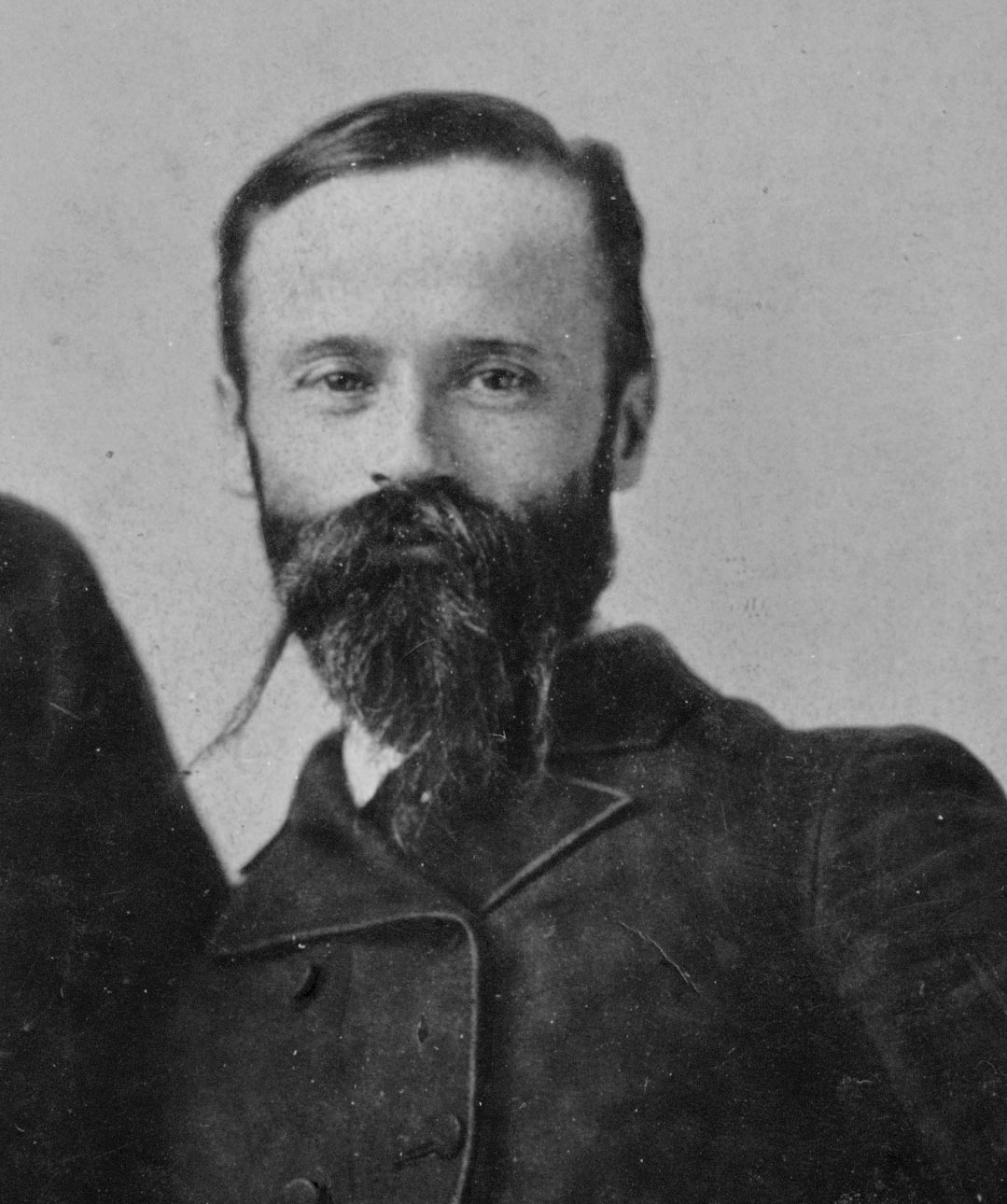Ulysses S. Grant (1822-1885)
Ulysses S. Grant was a West Point graduate, who served in the Mexican American War (1846-48), retiring after his service. However, he rejoined the Union army in 1861 at the start of the Civil War, rose through the ranks, and ultimately was appointed general-in-chief of all the Union armies by President Abaham Lincoln. Grant was instrumental in the success of the Union Army, leading to Confederate General Lee’s surrender at Appomattox and the end of the war. Subsequently Grant was elected to the United States presidency and served two terms from 1869-1877.
In his post-presidency years Grant invested in a brokerage firm run by a friend of his sons, seeking some financial stability for his family. The firm was run as a Ponzi scheme and eventually collapsed, leaving him penniless. To make matters worse, Grant soon after learned he had throat cancer and a short time to live.
In order to provide for his family after his death, Grant decided to take an offer from Century Magazine to write four articles about his time during the Civil War with the potential of penning his memoirs. When Samuel Clemens learned about the proposed deal, which he found lackluster, he countered with his own offer with extremely generous terms to convince Grant to sign with his publishing firm, Charles L. Webster & Co.. Ultimately, Grant decided to sign with Clemens. Grant died only a few days after he finished his memoirs, which were published posthumously. The money from Grant’s memoir helped set his family up for the remainder of their lives. Clemens presented Grant’s widow Julia, with the largest royalty check ever made up until that point ($200,000). Altogether they made over $400,000. The memoirs are still highly regarded and widely read today. Clemens extolled Grant as “a very great man—& superlatively good.”

